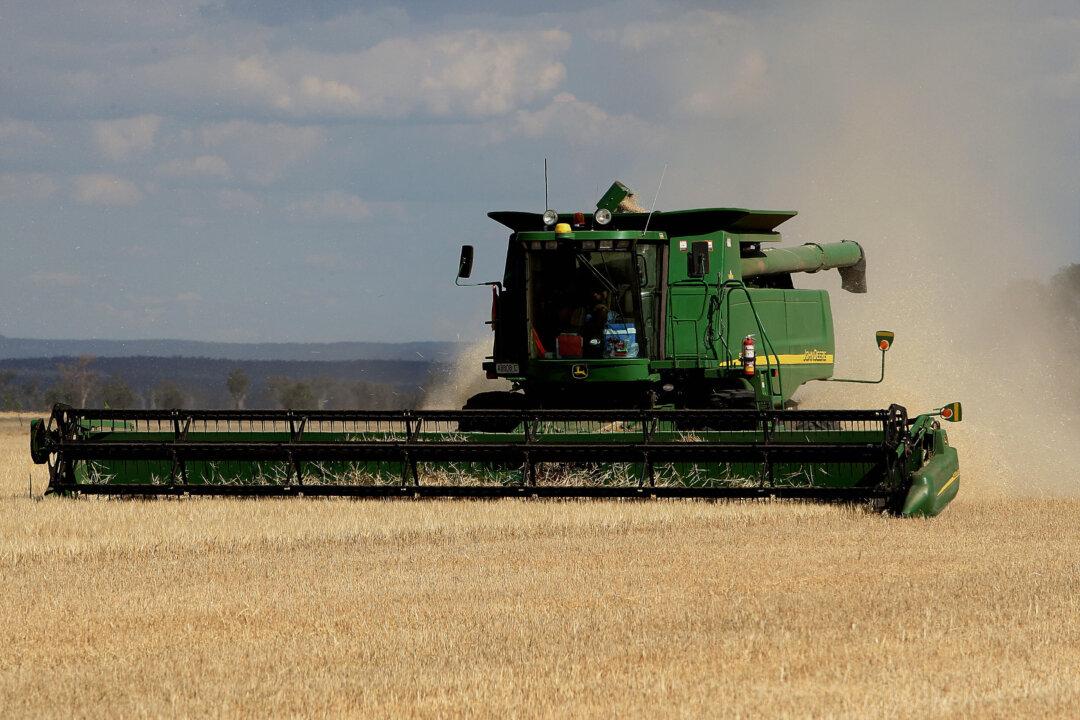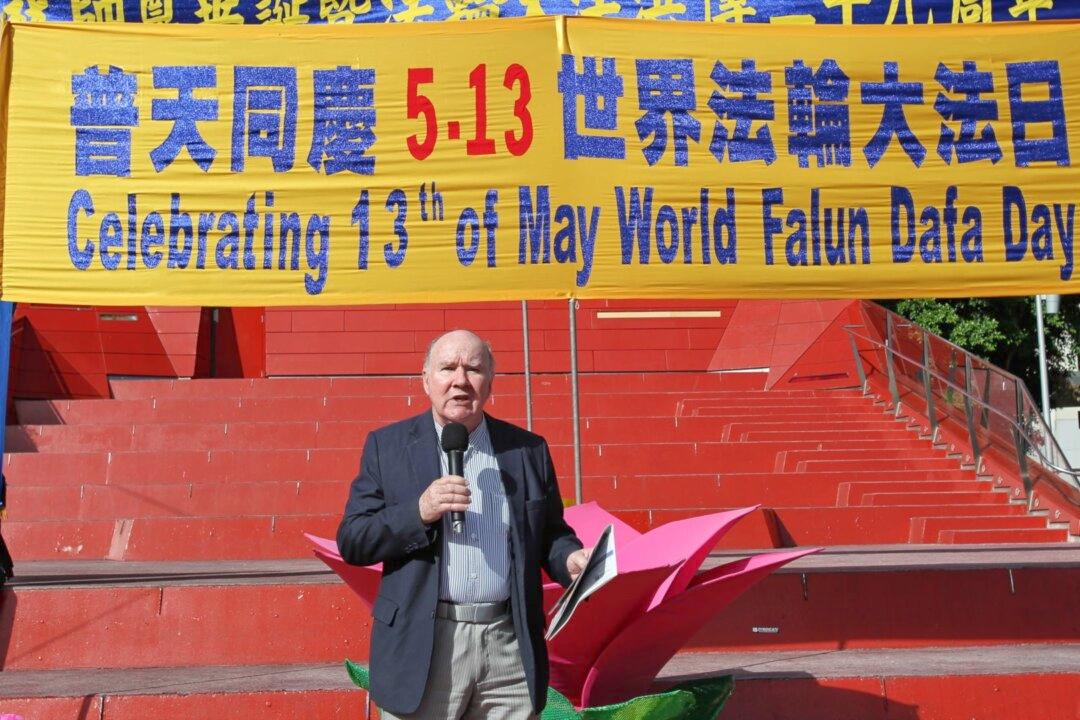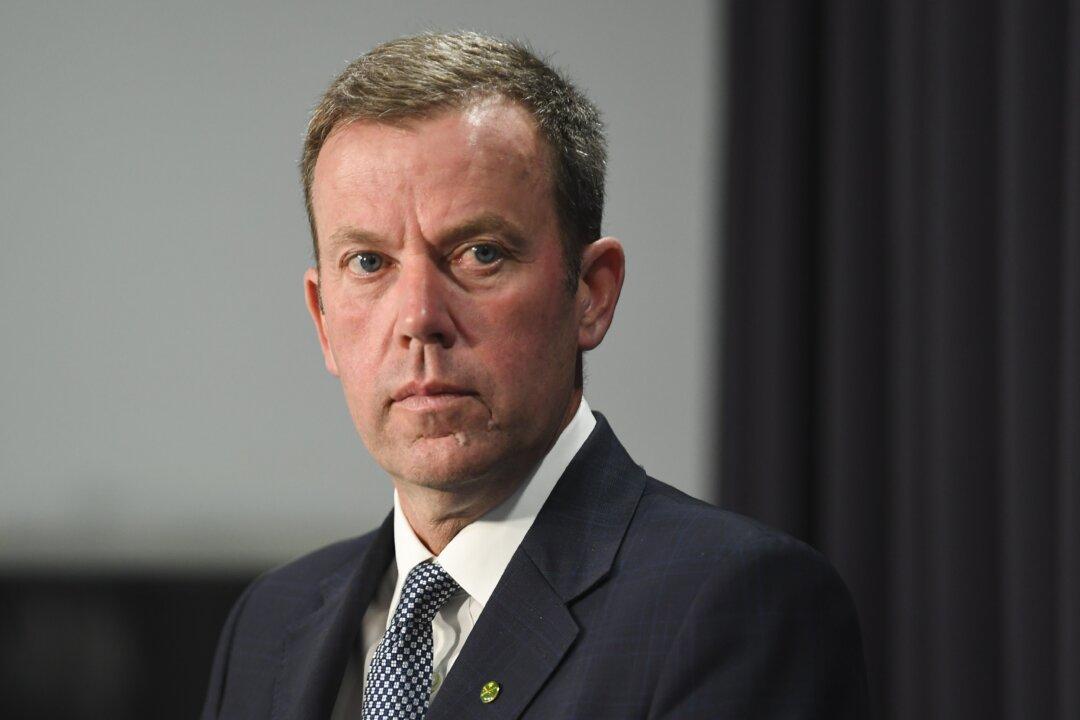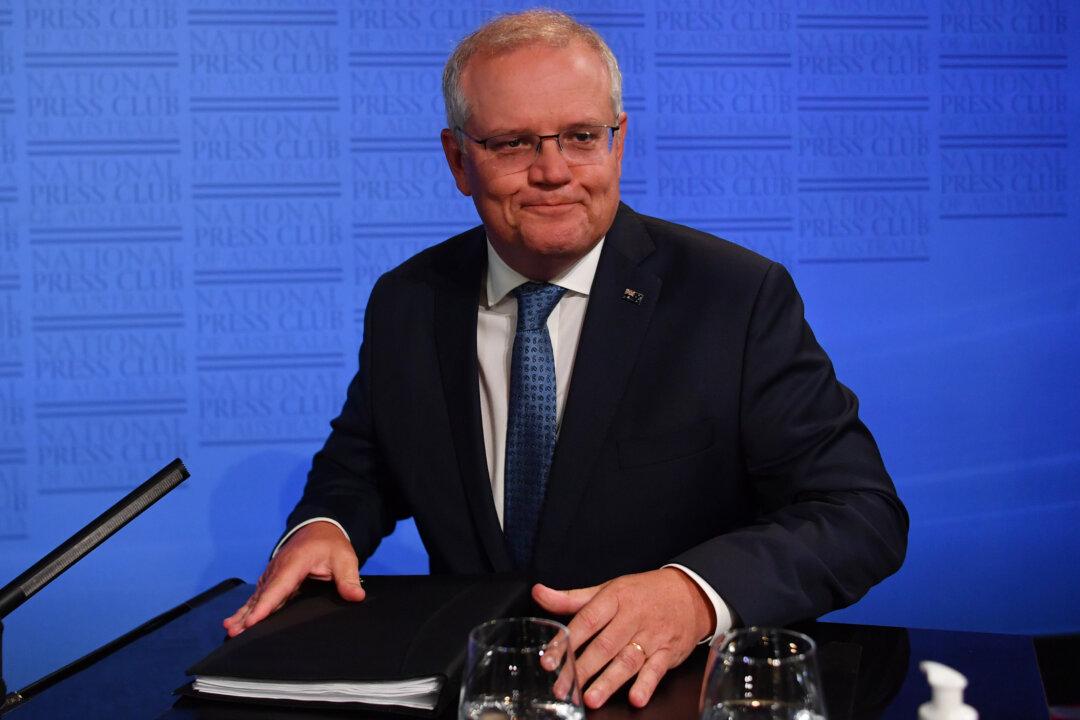The National Farmers Federation is frustrated and deeply concerned after China’s minister of commerce followed through on threats, and has slapped up to 80.5 percent tariffs on Australian barley imports on Monday.
China’s Customs Tariff Commission of the State Council imposed the tariff on barley on the disputed grounds that the Australian government was subsidising the industry and therefore damaging China’s market.





